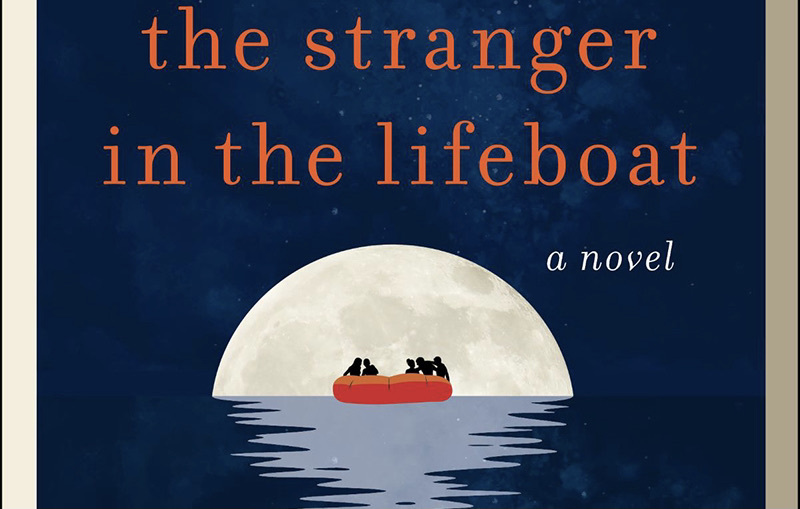Despite Christian lens, novel’s lessons applicable to different religions
HarperCollins
“The Stranger in the Lifeboat” analyzes the topic of the physical manifestation of God through an explicitly Christian lens that is also applicable to other faiths.
February 3, 2022
“I am the Lord,” are the first words proclaimed by the young protagonist in Mitch Albom’s new novel “The Stranger in the Lifeboat,” which follows a group of people stranded on a lifeboat, who rescue a young boy in the water, proclaiming to be Christianity’s God.
Although a Christian influence has always been seen in his novels, Mitch Albom incorporates valuable “life lessons” that people of all religions can learn from.
People should not write off Albom’s novels due solely to his Christian lens.
Throughout his most recent novel, the characters grapple with the religious dilemma or the physical manifestation of Christianity’s God, yet the dilemma, and response, can be applied to other religions.
Although Albom writes within a Christian lens, his novel addresses the question of the physical appearance and materialization of a God.
The people on the lifeboat initially fail to recognize the self-proclaimed “Lord” in the book as their God, initially accusing him of lying. They say to him, “If you’re not lying, then why won’t you save us? Why don’t you answer our prayers?”
Yet, as they find themselves more desperate, they rely on the self-proclaimed Lord for assistance.
The evolution of their response could appeal to followers of other religions, who have their own gods. The intertwined dependency between faith and survival is not restricted to Christianity.
Although Mr. Albom is a famous Christian novelist, people of all religions could find some spiritual meaning in his latest novel.




















